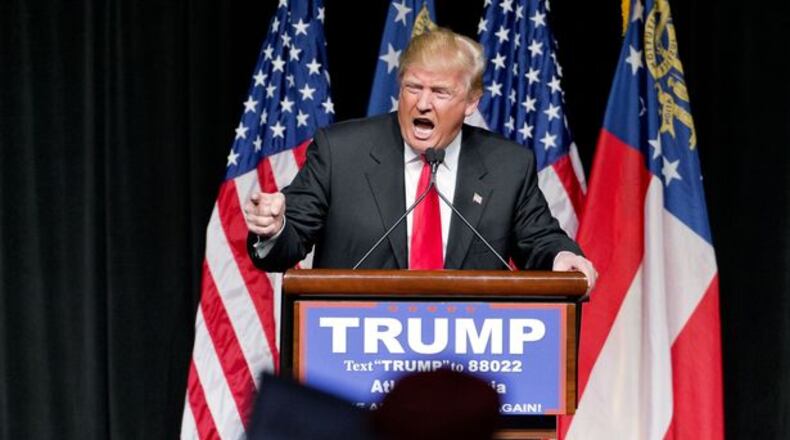We have a split decision.
As the polls indicated, Donald Trump won Florida but lost Ohio to John Kasich on Tuesday. That leaves Trump -- and the GOP -- in a kind of limbo. Including three big states yet to be called Tuesday, Trump now needs almost 60 percent of the remaining delegates in order to clinch the nomination before the convention. That's not impossible, but it's well above the pace he has set so far (46 percent, albeit through proportionally awarded states until Tuesday).
And he'll have to do it against a smaller field.
As expected, a loss in Florida spelled the end of Marco Rubio's campaign. The senator ran -- easily -- the most optimistic campaign this year. (I would argue that goes for candidates in both parties.) But it's not a year in which Republican voters are rewarding optimism. It's not a year in which Republican voters are rewarding specifics on policy, or clear understanding of issues, or an actual chance of winning a general election. It's a year in which Republican voters appear ready to shake their fists all the way to defeat in November.
Kasich's win in Ohio isn't enough to get the nomination, and after Tuesday he should be mathematically eliminated from the delegate race. That leaves Ted Cruz. The Texan still has a chance, but it will require him to unite virtually all of Rubio's supporters -- and, should Kasich leave the race before too long, his as well -- and win a bunch of close contests over the next few months. I don't know if it can really be done. But he just might win enough to make it a contest in Cleveland.
About the Author
The Latest
Featured



